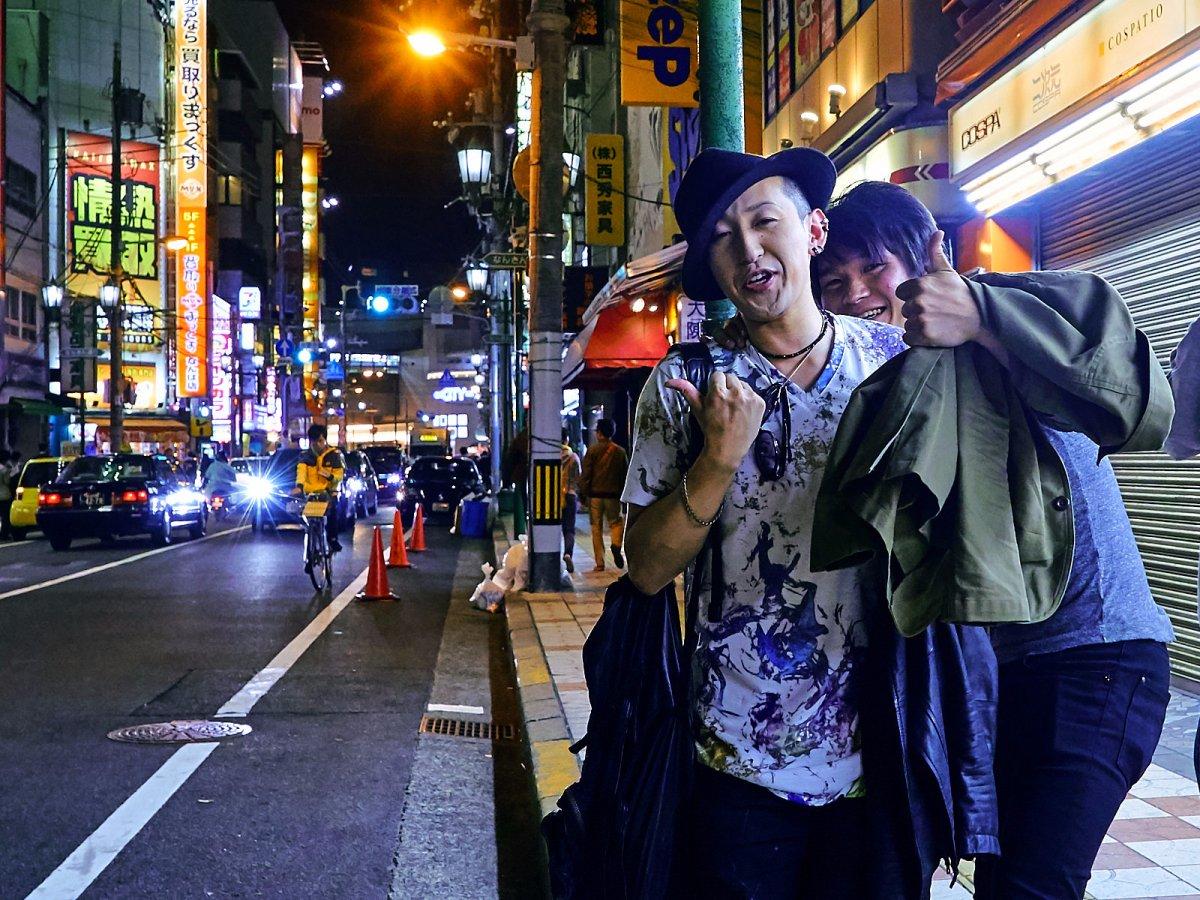It just got easier to become a permanent resident of Japan — here's how you do it

While the US mulls over limiting immigration, in Japan the federal government has just loosened the requirements for new, highly-skilled immigrants to become permanent residents.
Under the new law, which will take effect in March, applicants with multiple degrees who earn a high salary will only need one year to become residents. The change reflects Japan's desire for more workers with advanced skill sets.
But that's not the only way to uproot your current life for a new one in the island nation.
For anyone who's thought of moving to Japan, here's how you actually do it.
If you've made your mind up about moving to Japan, there are four things you'll need.
Those four things are a passport, one visa application form, one photograph, and a Certificate of Eligibility (COE).
The first three are fairly straightforward, but the COE requires a bit more work. Essentially, it's a document that proves you have the means to support yourself in Japan.
That can be one of two categories: An employer has offered you a job or you're the child or spouse of someone already in Japan. The minimum amount of support you can receive to get the COE is around $1,600 per month.
If you're opting for the family route, the process is much simpler.

With all the other paperwork in hand, relatives and spouses of Japanese nationals or residents can mail in the application for their COE.
Once it arrives in the mail, the applicant takes all the documentation to the nearest Japanese embassy to get the visa.
But most people are probably moving for work, without any family within hundreds or thousands of miles.
There are nearly two dozen industries in which people can obtain a work visa, including academia, engineering, journalism, art, law, medicine, and entertainment.
Past ex-pats have written that English-teaching jobs are the easiest to come by, as there are so many resources and positions available to newcomers. There are also ways to go through recruiters for non-teaching jobs from overseas.
In any case, your employer will handle the COE to get your visa for you once you're hired. (The hard part is getting the job offer at all.)
Once you have your visa, it's time to stay in Japan — for awhile.

If you've immigrated with a work visa, the Japanese government determines how long you must stay to achieve permanent residency based on your qualifications.
In 2012, it launched a point system to shorten the wait for highly skilled applicants. If your academic and professional background net you 70 points, for example, you only have to wait three years. If it earns you 80 points, it's one year.
All residents can apply for permanent residency status after 10 years.
Find a place to stay (and maybe do it on your own).
It's not uncommon for employers to offer new hires temporary housing. Some ex-pats have expressed doubt, however, about whether employees should take it or just look for housing on their own.
"If your company arranges your accommodation, then it's much more difficult to quit," Niko, who runs the blog Nihongo Shark, writes.
In addition, he says, company accommodation can be overpriced and often people don't have a say in where they end up living.
If you want to become a full citizen, the process is more involved.
New citizens must be at least 20 years old, have lived in the country for at least five years, and be willing to renounce their former citizenship.
Officials will perform a background check, mental-health exam, and will request a long list of documents related to your life and your family. They may even inspect your home and workplace if those details are hard to verify online.
The whole review process takes roughly six months to a year.
The final step: If you haven't already, embrace Japanese culture.

Citizenship requires knowing Japanese at a 7-year-old reading level (while permanent residence comes with no such requirement). Past that, immigrants will have a much easier time getting enmeshed in the culture if they accept how different it's likely to be from their home country's.
Japan tends to operate by a traditional set of values, which focus on deference to elders and exercising discretion in public.
The legal and logistical barriers are only the beginning to a new life in Japan.
Read more:
• This chart is easy to interpret: It says we're screwed
• How Uber became the world's most valuable startup
• These 4 things could trigger the next crisis in Europe
Read the original article on Business Insider UK. © 2016. Follow Business Insider UK on Twitter.
Join our commenting forum
Join thought-provoking conversations, follow other Independent readers and see their replies
Comments
Bookmark popover
Removed from bookmarks